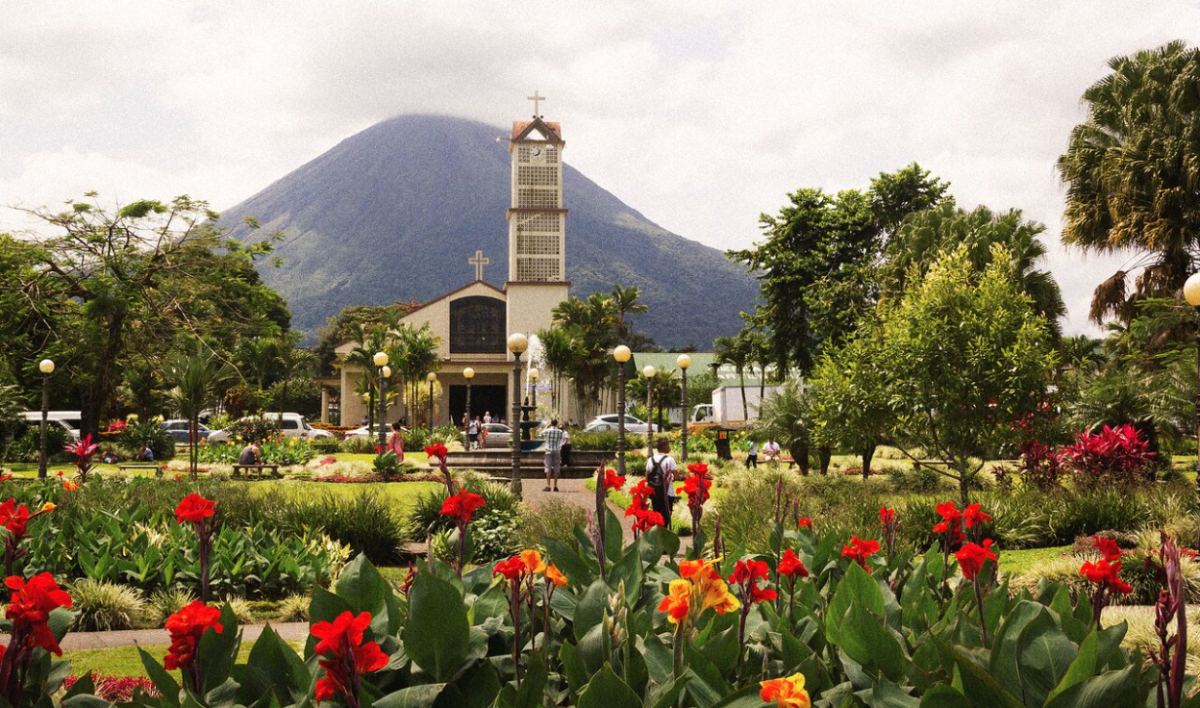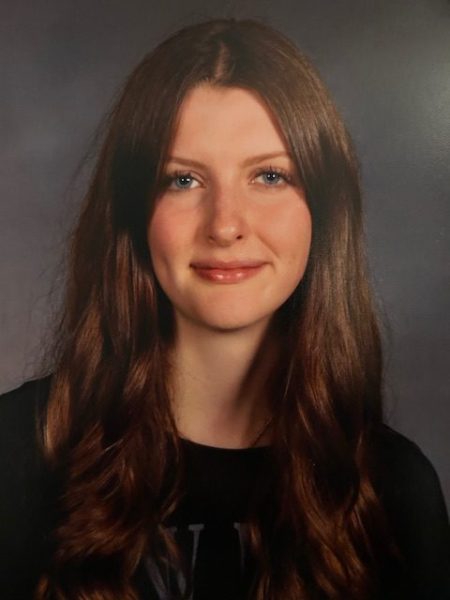Over spring break I traveled to Costa Rica with my family friends. We spent our days in the sun trying all types of activities: riding horses on a volcano, taking a kilometer long zipline, and preparing local cuisine during a cooking class. One afternoon, we decided to walk around town, giving ourselves a chance to experience the local community and culture more deeply. As I walked down the lively street, I passed restaurants, souvenir shops, and a random assortment of other stores. As tourists, we spent the majority of our time looking for the perfect small souvenir to take home in our tightly packed suitcases, and soon discovered that most stores focused on a similar theme. Every souvenir store that I visited was packed with shirts, mugs, jewelry, and paintings all plastered with the words “Pura Vida.”
Curious to know more about this unique saying, I looked it up, and the meaning of this unique saying early on in my trip. The direct translation of “Pure Vida” is “pure life,” but I soon came to realize that it means so much more than that. It won’t take long for you to discover the importance of this phrase which is so deeply embedded within the culture of the country, practically serving as an unofficial national slogan. “Pura Vida” isn’t just a huge source of merchandising, but the saying is also meaningful in day-to-day conversations. As we spent more time in the country we heard locals say “Pura Vida” as a greeting or an acknowledgement of understanding when conversing with one another. When we went horseback riding, the guides would shout “Pura Vida!” to the line of riders to communicate that we were handling our horses correctly. When we commonly needed help finding transportation after our Uber predictably canceled on us, the locals would be happy to help. Of course, being American tourists meant they would likely receive American dollars as payment, but when we gratefully thanked them, they would simply say “Pura Vida.” These citizens took what could amount to multiple hours out of their day to help people they had never met before, and were taken by surprise when they were tipped so generously.
Reflecting on my trip I found that “Pura Vida” has a similar meaning to “Hakuna Matata.” Similar to this light hearted song in the Lion King, the saying reminds me of the line “It means no worries for the rest of your days.” In a society where everything moves so fast and, often, the only way to make any progress is to think about yourself, I think Costa Rica sets an important example about how negative aspects of society like these could be different. Like the locals who were so eager to help others, Costa Rica made me think about the importance of doing things for others without thinking about the rewards you will receive. Philadelphia is supposed to be the city of brotherly love, and we should start by setting an example on how to treat each other as we get a fresh start with the beginning of spring.



